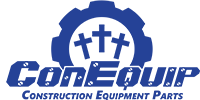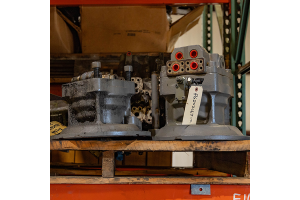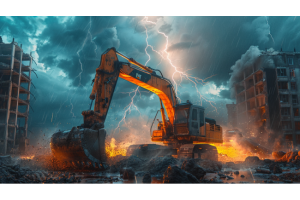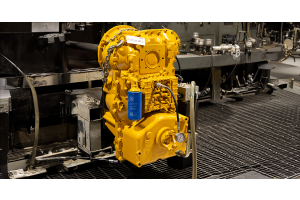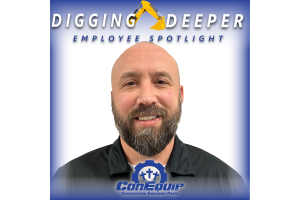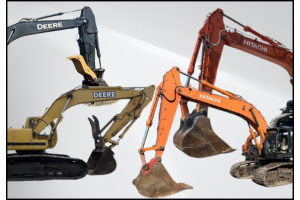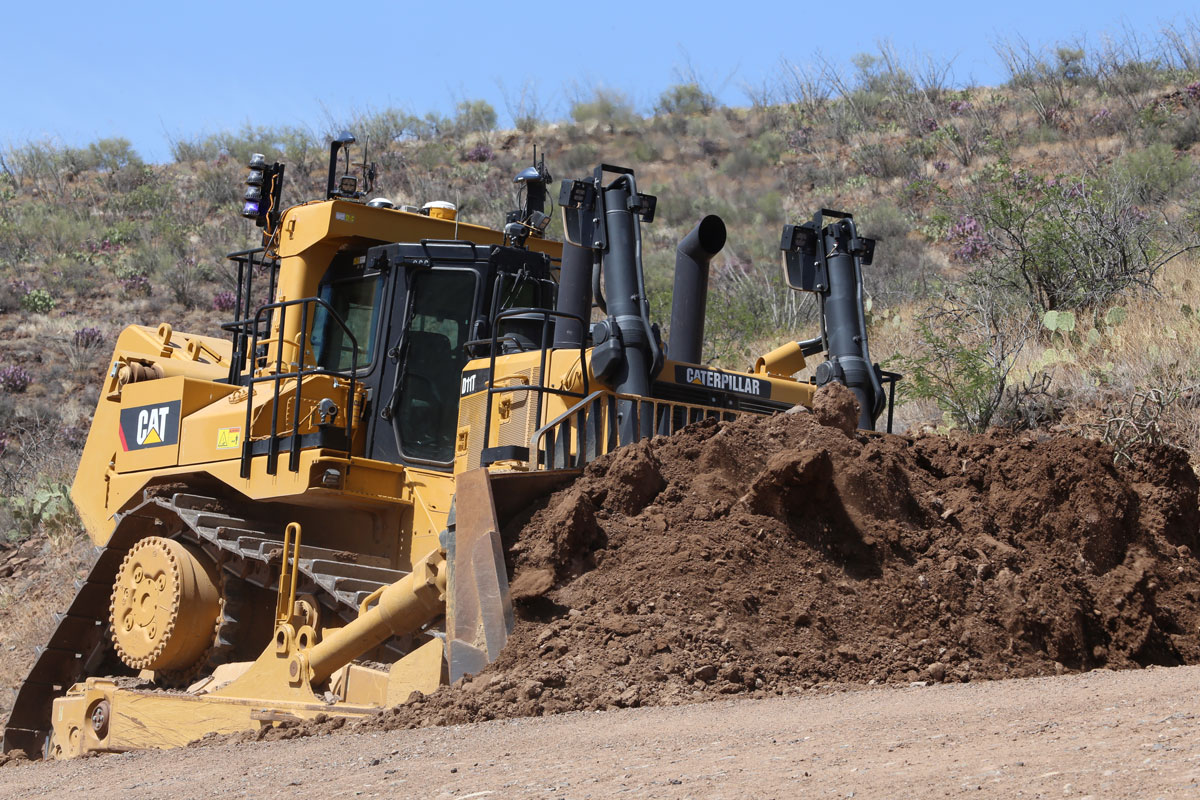
Much like the used car industry, supply chain challenges are driving up the costs of used construction equipment with increases as much as 35% according to Market Trends Report.
New equipment is weeks or months out so construction companies are turning to used equipment, which results in a supply and demand imbalance, with the advantage going to the seller.
When it comes to purchasing a used dozer, there are many things to consider.
Understanding fleet needs and intended use is important. Will the used dozer be a backup or main machine? If it's going to be your go-to dozer, you need to be certain a used dozer is the way to go.
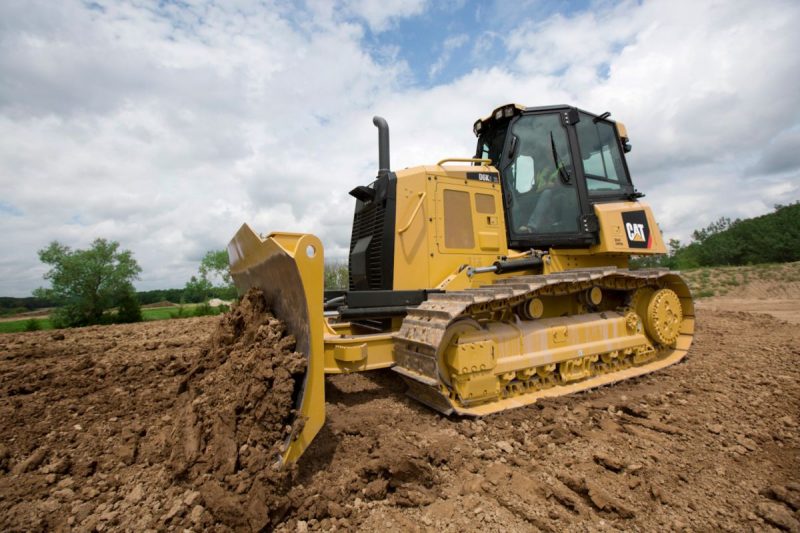
When getting a used dozer, do research on what make has the best track record when it comes to the model you are targeting. A certain used Caterpillar dozer may be a better fit for you than a Deere or Komatsu. Perhaps the latter two, depending on the model, would be better than a comparable Caterpillar or Case machine.
You will obviously have to consider the make, model, hours, condition, year and price out of the gate. Beyond that, you will need to make sure the used dozer you are looking at has the attachments you need from the blade, winch to a ripper.
Does the used dozer have updated technology like GPS, cameras, and inclination monitors?
Knowing what size dozer you need and the budget you have is paramount to deciding what used dozer to invest in. Buying a dozer that is too small for the tasks needed to perform could overwork your machine and cause your company to get behind on projects. Getting a dozer to large for your needs could bring on unnecessary costs.
Get as much information on the prospective machine as possible including what the dozer was used for, the environment it worked in, as well as maintenance and repairs history. A dealer selling a used machine is more likely to have reliable maintenance history documentation than a private seller. Buying from a dealer may cost more, but it's often worth it in the long run, especially when warranties are offered.
Pay particular attention to major components including the main pump, transmission, final drives, and the engine. Although there is no sure-fire way to make sure the final drives or main pumps are in good shape, there are ways to gain some confidence.
You should aways operate the machine if possible before buying it. Make sure the tracks engage properly, there are no hangups with the transmission, and listen for sounds such as squealing, grinding, or clanking that are out of place.
Look for oil leaks, loose belts, cracks or welds in the frame, and other flaws or damage that could cause problems with machine operation.
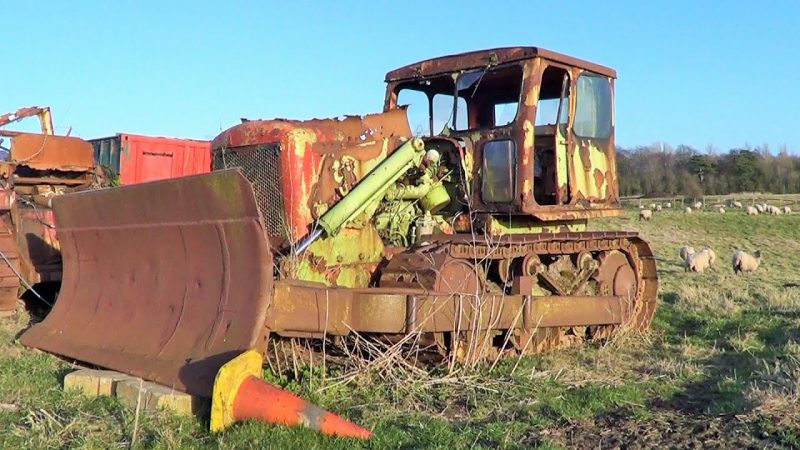
The undercarriage is costly to replace so get a good idea how much life is left on the existing undercarriage. The cost of a used dozer may not be so amazing if the chains, pads, idlers, sprockets, and rollers all need to be changed out shortly after making the purchase.
Unusual, excessive, or uneven undercarriage wear is a red flag. Also look for rust and cracks. It's important to do much more than a casual walk around when inspecting the undercarriage.
There are a lot of smaller components to keep an eye on including pins, bushings, and trunnions.
Machine auctions can be a place to land a gem of a used machine for a nice price. Also, when it comes to some auctions, you don't have to drive 100 miles to take your best shot.
Some online auction companies like IronPlanet allow the buyer to purchase equipment from anywhere. A top auction house like Ritchie Bros. offers tens of thousands of heavy machine options.
With live site auctions, the buyer must do the necessary research ahead of time. To minimize risk, buyers should do a physical inspection themselves or pay someone to do it for them.
A major problem owners of used machines run into are the availability of parts. Older machines can have components that are no longer stocked by the dealer.
At ConEquip Parts we come across machine owners all the time desperately seeking a discontinued part to keep their old machine going.
To avoid this, research major components of a machine, from major components like final drives to smaller parts like pins and bushings, to see if they are still available with parts suppliers.
As always, if you need parts for your machine, whether a dozer, excavator, wheel loader or anything else, be sure to give ConEquip Parts a call.


